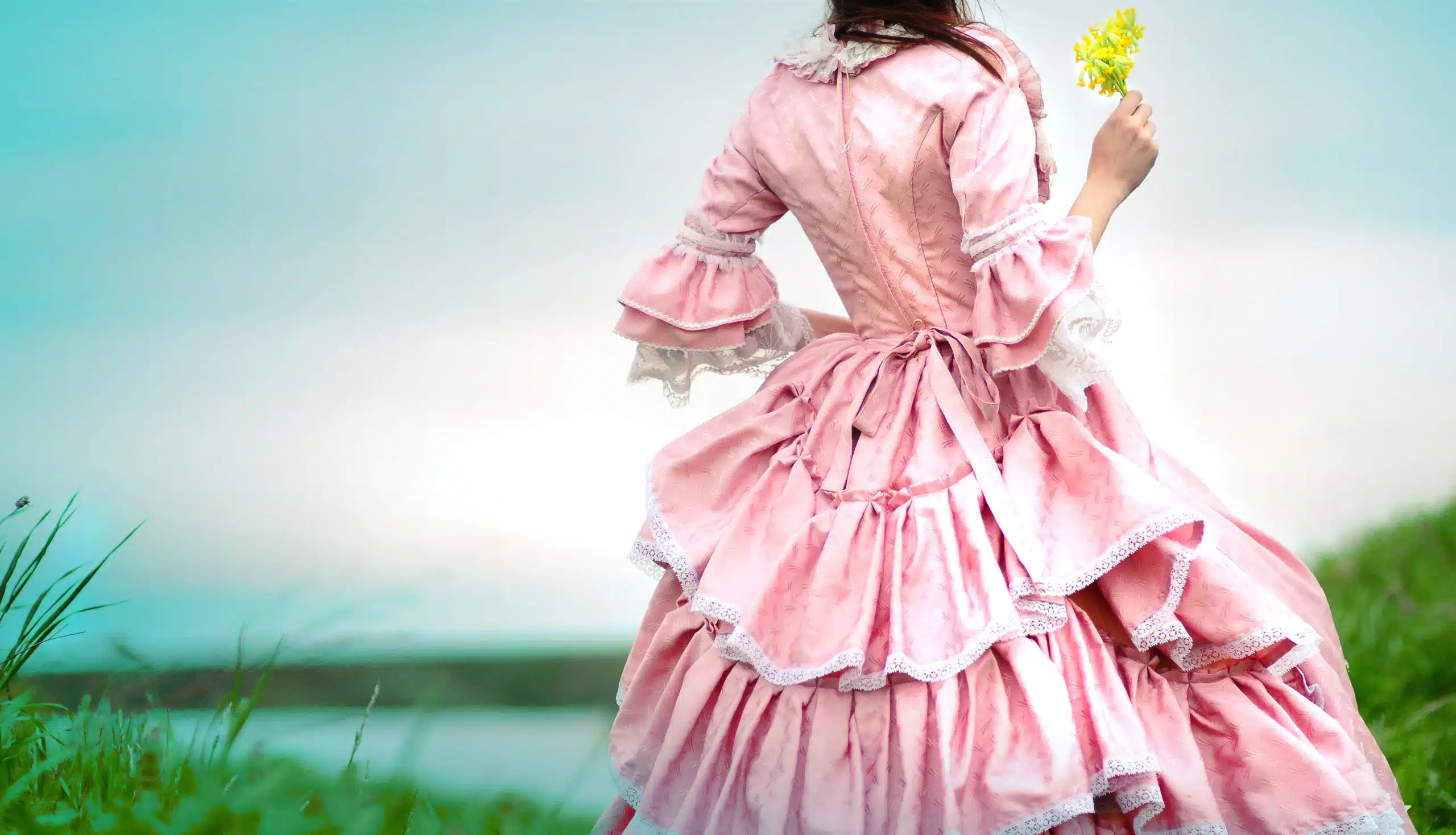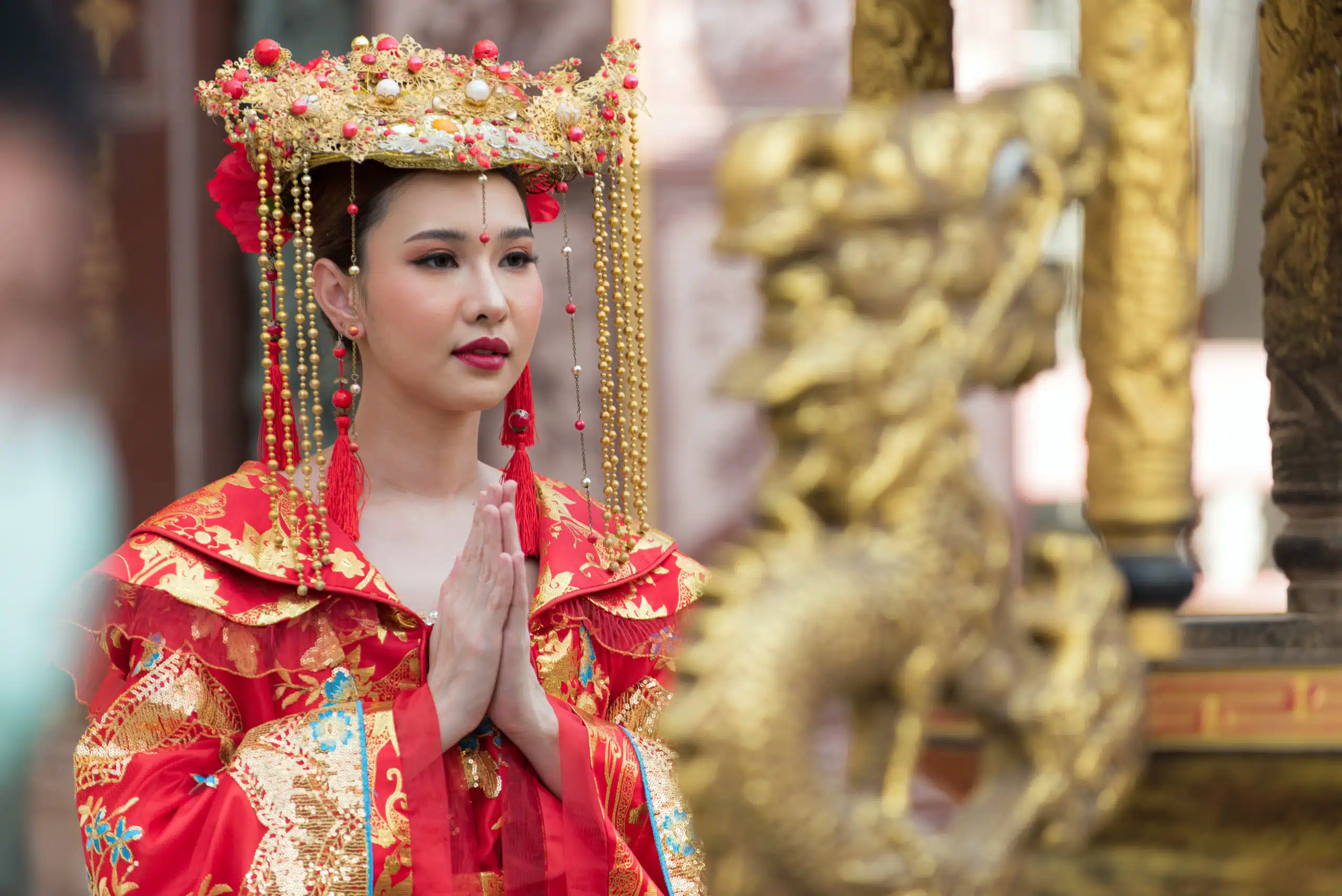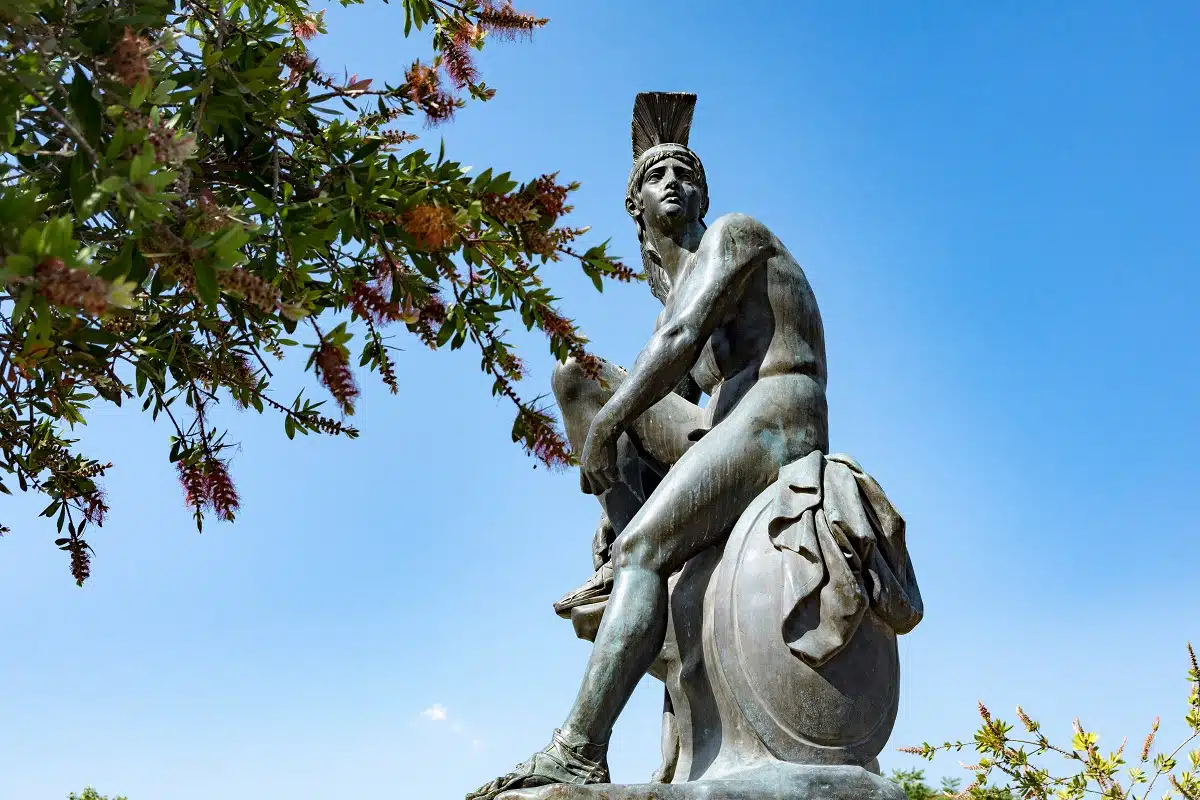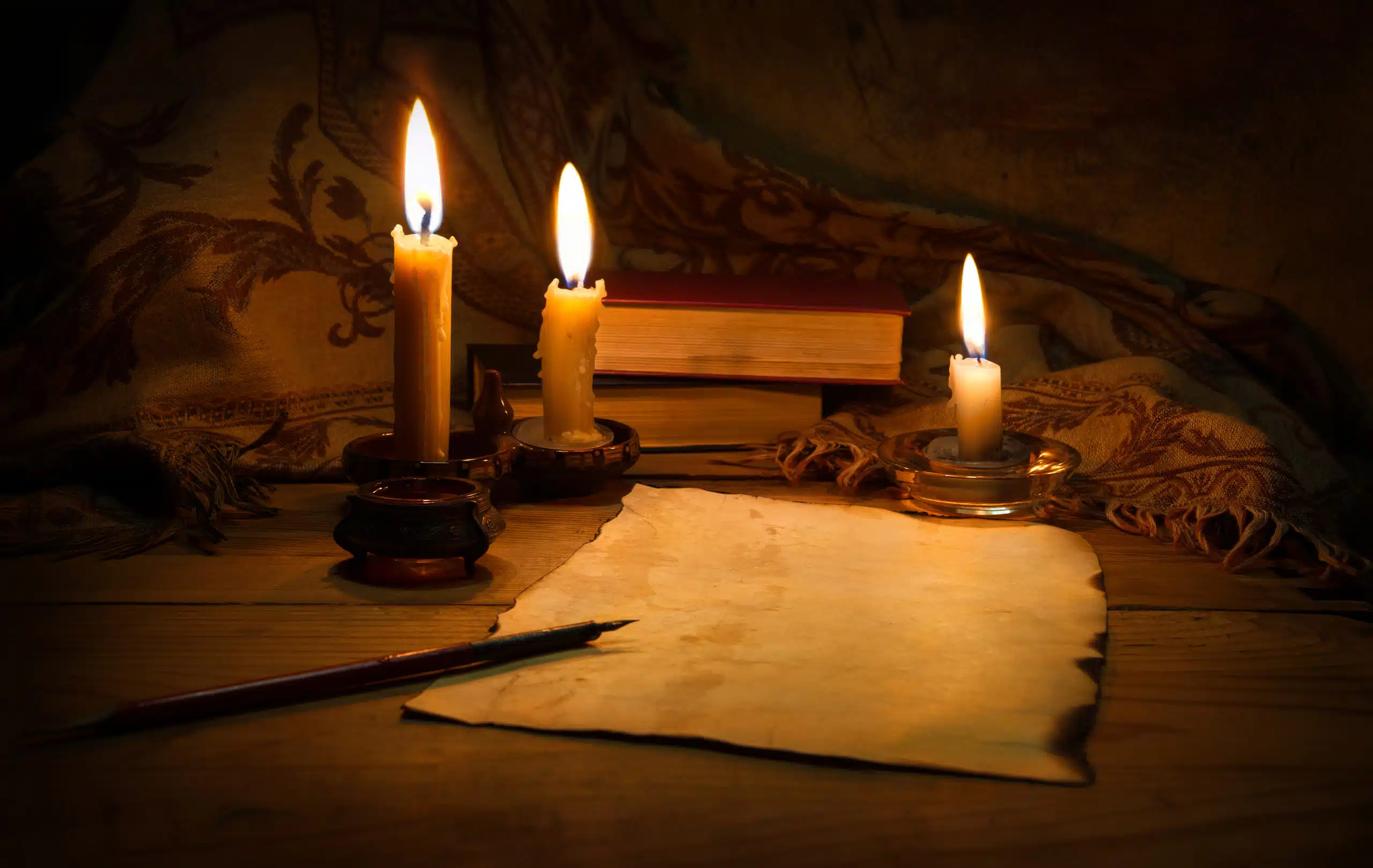Here’s what the Praise poetry form is:
Praise poetry refers to a genre of poetry in which a person or a god is praised by the poet, usually featuring the use of hyperbole.
Praise poems can also refer to any poem that has a tone of gratefulness and humility and can potentially be about broader subjects, such as praising a nation or a city.
So if you want to learn all about the Praise poetry type, then you’ve come to the right place.
Keep reading!
- Hainteny Poetry Form: Ignite Uplifting Tributes
- Kwansaba Poetry Form: Paint Cultural Pride
- Blues Poetry Form: Rise Above the Blues

Types of Poetry: Praise Poems

While praise poems are not a form, they do represent a large enough genre of poetry to be considered their own classification.
Praise poems are written explicitly to offer praise or glorification to a person or deity.
Political praise poems naturally waned in popularity with the eventual move away from monarchies, though various African cultures still regularly feature praise poems.
Religious praise poems remain a staple of poetry well into the modern era, as devout followers of various religions have often felt the need to express their loyalty and faith in words.
Basic Properties of Praise Poems

| Rhyme Structure | Optional |
| Meter | Optional |
| Origin | Ancient; possibly dating back to the origins of poetry |
| Popularity | Most popular in monarchies; especially during the medieval era |
| Theme | Praise and gratitude; usually about a person or a god |
Key Features of a Praise Poem

Praise poems could be considered a subcategory of ode (in the broadest sense of the term).
They invariably pay homage to a central figure, usually of political or religious significance.
There is no established meter, rhyme scheme, or structure for a praise poem, as they’re defined solely by the topic and tone.
A praise poem will commonly focus on the feats and contributions of the focal figure.
A praise poem written for Jesus Christ might commemorate his sacrifice on the cross, his open-mindedness toward society’s outcasts, and his generosity toward his followers, as one example.
This will often be done with extensive hyperbole or emphasis, to express the writer’s devotion to the figure being praised.
A political praise poem, such as one about a king or head of state, may instead go into excruciating detail on that figure’s recent exploits.
These might include successful military conquests, humanitarian programs, benevolent donations, or even superficial qualities such as the king’s natural beauty or good taste in wine.

Praise poems are meant to be a sincere and adamant form of flattery.
They will often be phrased to imply that no negative views of the subject are even comprehensible, upholding the subject as a perfect or near-perfect figure that is to be exalted and glorified to the fullest extent that language allows.
While praise poems about an individual figure constitute the most common definition of praise poetry, it should be noted that poems generally reflecting a sense of gratitude can also be considered praise poems.
The broadest sense of the term is simply “a poem that offers praise” so it does not inherently need to be about an individual, though that remains the popular usage.
History of Praise Poems

It’s difficult to date the origins of praise poetry, but it’s safe to assume that praise poetry has been around for about as long as poetry itself.
Humans have had figures they admire even before the advent of written language, and praise poetry is woven into the basic human feelings of admiration and gratitude.
Praise poetry was especially popular throughout the monarchic rule, particularly in medieval literature and during the Renaissance period.
Just as politicians have adamant supporters today, kings and public figures of the past had their own fervent followers who felt they should be glorified at every turn.
While it may sound dismissive to compare praise poetry about real-world figures to celebrity worship, it is the clearest and easiest way to visualize the approach taken.
A praise poem presents a one-sided, often fanatical love for the subject in question.
While humble and zealous worship of deities or fictional characters is usually well-received as long as it matches the popular sentiments of the era, praise poems about political figures can be just as controversial as their real-world political careers.

Religious figures and legendary heroes, such as those from the Greek epics, have been among the most popular topics for praise poetry.
Praise poetry started to lose popularity around the 17th century, though religious praise poems still pop up with regularity across multiple regions and religions, and non-religious praise poems are still written and published infrequently.
In the modern era, praise poems are still considered high art in parts of South Africa.
The Zulu culture refers to praise poetry as izibongo (though it has other meanings as well) and the Zulu people have kept oral traditions of praise poetry alive and well.
Izibongo are traditionally shared in public spaces.
A rare modern example of a praise poem would be Elizabeth Alexander’s Praise Song for the Day.
It functioned as both a poem of gratitude and a welcome for President Barack Obama in his 2009 inaugural poem.
Example of Praise Poetry

For Theseus
O wise and noble Theseus!
Glory to the uniter-king,
unifier of beautiful Attica.
Let us thank the warrior king
who courageously hunted
the wicked and savage minotaur.
O brave and noble Theseus!
Feller of many a brigand,
beloved of the gods and people,
you who lives and breathes victory,
you who even the Amazon queen
could only embrace with love.
O strong and noble Theseus!
May history forever glorify you!
May your stories forever rest
upon the lips of gods and men,
eager to tell the timeless tale
of the man among men, Theseus.
Above is a praise poem written for the Greek hero Theseus.
The poet specifically recants some of the events of Theseus’ adventures, including his victory over the Cretan Minotaur, his conquest of an Amazonian queen (either Hippolyte or Antiope, depending on the version), and his role as the man who unified Attica.
These touches of narrative are important, but it’s the over-arching tone of the poem that makes this a praise poem.
Words like “strong”, “noble”, “timeless”, and “beloved” express a consistent tone of gratitude and adoration that permeates every section of the poem.
Tips for Writing a Praise Poem

A praise poem should present itself as a one-sided absolute declaration of devotion and gratitude.
Praise poems thrive on humility, exaggeration, and attention to detail.
Make sure you have thoroughly researched the subject of your praise poem so that you’re prepared to present candid and sincere compliments about all of the reasons you’re grateful for the subject’s existence.
This can be policies you agree with from a key political figure, the incredible exploits of your favorite fictional character, or generalized expressions of your own love and absolute loyalty.
The objective is to offer up unconditional love in spades, putting your own pride aside to revel in and glorify the subject of the poem.
Crucially, most praise poems avoid even the slightest hints of criticism.
While there are no hard and set rules for the ‘right’ way to write a praise poem, they generally avoid saying anything even remotely negative about the subject.

You might think that a politician’s foreign policy is outstanding but that their understanding of economics is underwhelming.
In this case, you would only include your admiration for their foreign policy in the poem. Your doubts should either not be represented at all or should be glossed over as secondary.
Remember that the tone is ultimately what makes it a praise poem.
All of this tendency toward hyperbole and optimism is specifically geared toward wrapping the poem in as much humility and gratitude as humanly possible, to best emphasize your positive feelings about the subject.
Poet’s Note

Trying to pin down the history of praise poetry is like trying to find the origin of a feeling.
People have always used language to express their loyalties and attachments, and probably always will.
Just make sure you know the difference between a praise poem and an unsolicited love poem.
We wouldn’t want you to come off as creepy.
Comprehensive Collection of Poetry Forms: Craft Words Into Art

Dare to traverse the entire spectrum of poetic forms, from the commonplace to the extraordinary?
Venture from the quintessential Sonnet to the elusive Mistress Bradstreet stanza, right through to the daunting complexity of Cro Cumaisc Etir Casbairdni Ocus Lethrannaigecht.
For those with a zeal to encounter the full breadth of poetry’s forms, this invitation is yours.
Start exploring the vast universe of poetic ingenuity with our comprehensive array of poetry forms right now!
